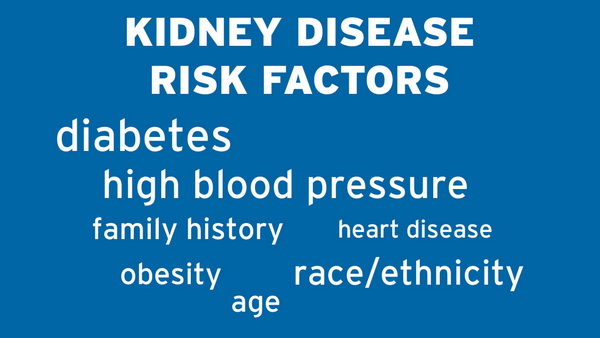
An unusual cause of ‘epilepsy’– lessons from 15-year-old with chronic kidney disease
As a practicing kidney consultant, I always worry about the increasing cases of kidney diseases I see on daily basis. I have seen both men and women, young and old as well as rich and poor develop kidney disease with very poor outcomes.
It saddens my heart to see patients come at late stages of kidney disease when little or nothing can be done especially among the poor who cannot afford care.
I have written in earlier articles about the causes of kidney disease in Ghana but to recap briefly, the most common causes of kidney disease in Ghana are hypertension (high blood pressure), diabetes and some chronic infections and inflammations that affect the kidneys in various forms. Some causes of kidney disease also run through families and others are as a result of poor lifestyles such as prolonged use of painkillers as well as some herbal concoctions.
Unfortunately, most patients come too late for the appropriate diagnosis to be made. For those who come a bit early, most are unable to afford all the relevant investigations to confirm the cause of their kidney disease. The causes of kidney failure are therefore unknown in most cases. This article is not targeted at the causes but to discuss the public health issues that relate to the development of kidney disease in low - middle income countries like Ghana.
This article has been inspired by the spectacle of a 15-year-old boy who presented to the Komfo Anokye Teaching Hospital as a case of seizures or convulsion and family members thought he had developed epilepsy as this was his second episode.
Our examinations and investigations revealed that he had extremely high blood pressure which was very unusual for his age and we then discovered he had chronic kidney disease all along.
Unfortunately, we also had evidence of multi-organ dysfunction from the effect of the long-standing hypertension. He had a large heart on chest x-ray (suggesting heart failure) and I was sad to also note that he had visual impairment. He could not count accurately my fingers or maintain eye contact. At such a young age, he has chronic kidney disease and has developed all the worrying complications of hypertension from it.
I was very sad and wondered how all this may have happened. Kwame (not his real name) hails from Ejisu-Asotwe in the Ashanti region. He was born to a petty trader and his father a peasant farmer. He happens to be the fourth of ten children and had apparently been complaining of headaches since he was in Primary 6 (13 years) and could not even stay in school as a result of these frequent severe headaches associated with palpitations and he easily gets tired.
His mother will give him herbal medications as a remedy. He was then wrongly diagnosed with ‘epilepsy’ later that year as he presented with his first seizures which they thought was a spiritual attack.
Kwame is now in Junior high school Form Two and has not been performing well in his class because of his very severe headaches from his hypertension. The high blood pressures have been the reason for his headaches and ‘epilepsy’. He was not able to write the last term examination because of ill-health.
I had many questions on my mind after this encounter. Could this have been prevented? I think it could have been prevented to a very large extent. When did Kwame develop the hypertension and why is he presenting this late? Why did it have to get this bad before he reported for treatment? Can he afford dialysis for his kidney failure when required? Can he sustain dialysis with such poor patients? How is he going to survive if he cannot afford care for his kidney failure? Or are we just going to record another death of a young person as a result of chronic kidney disease?
These and many other questions flooded my mind and I still do not have answers to them. But I think as health care providers, we need to step out of the teaching hospitals and get to the people who need us the most with the right information, not those from quack doctors and herbalists.
Could this have been averted if we had the chance to talk to this boy or his parents about decreasing their salt intake and maintaining a controlled blood pressure in the light of his kidney disease? Could this have been prevented with medications when Kwame started complaining of headache to prevent the seizures and his absence from school? How well are the primary care facilities screening for kidney disease and hypertension among the populace? Could a simple examination of his urine and blood pressure averted these dangers?
Poverty seem to be the main reason for all such events as universal access to health is still a mirage in Ghana.
I have come to realize as a physician that the dangers of non-communicable diseases as a major cause of death globally is alarming. In low and middle income countries like Ghana, we are still battling with infectious diseases as well as kidney disease, diabetes and hypertension.
We need to sit up as a country and know it is important to invest in health. As a good friend of mine will say, without health we have nothing. We need to be mindful of our health as a country, live healthily, eat well, exercise and have a culture of preventive health if we are to stop the trend of seeing our youth, future leaders and the economically active members in our communities die from preventable conditions such as hypertension, diabetes and kidney disease.
The time to act is now. Your health is your responsibility and let no one take that away from you.
Thank you.
By Dr. Elliot Koranteng Tannor – Senior Specialist Physician/ Nephrologist - KATH
